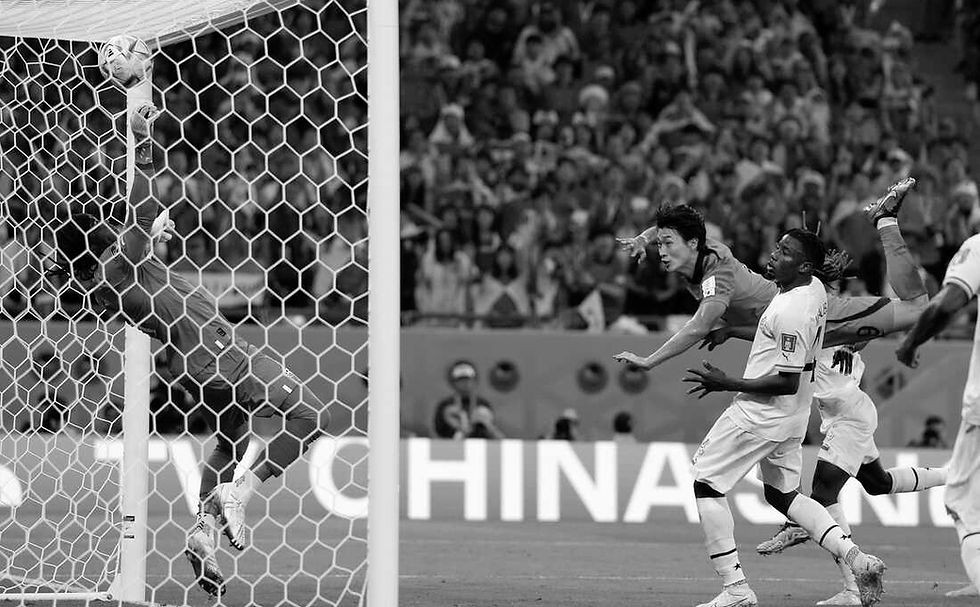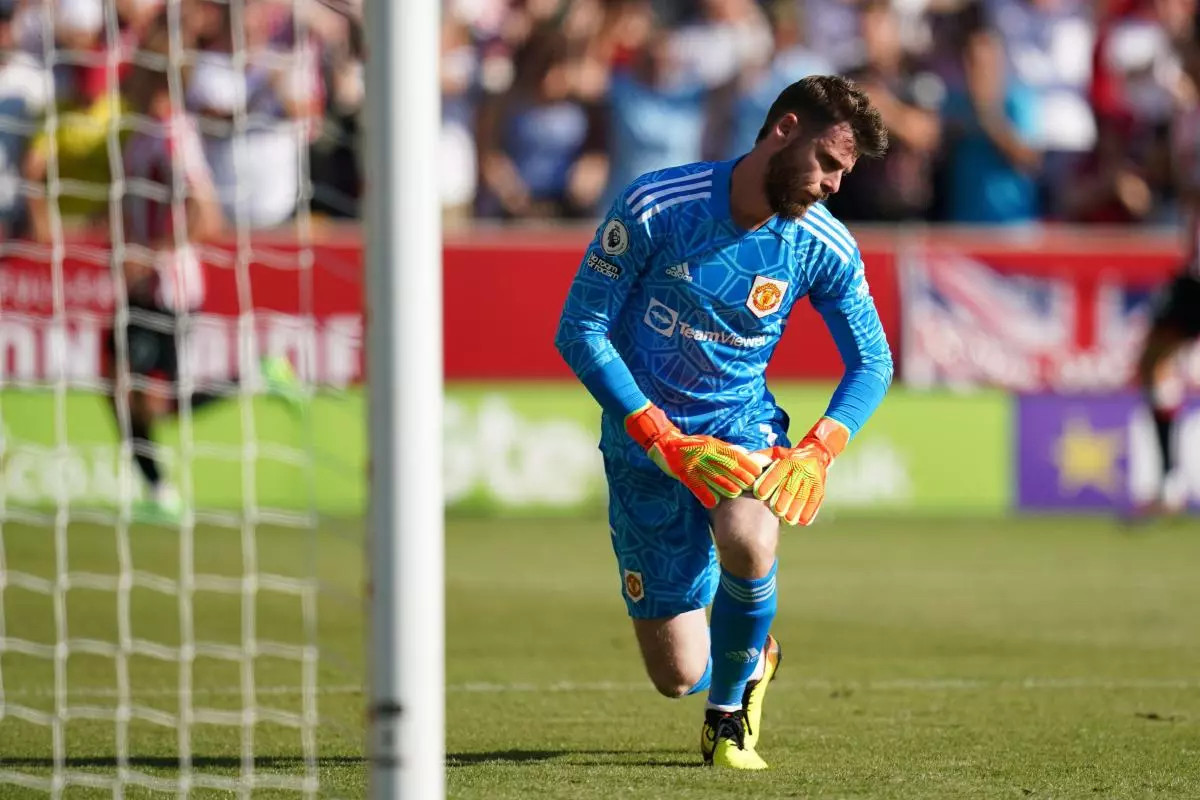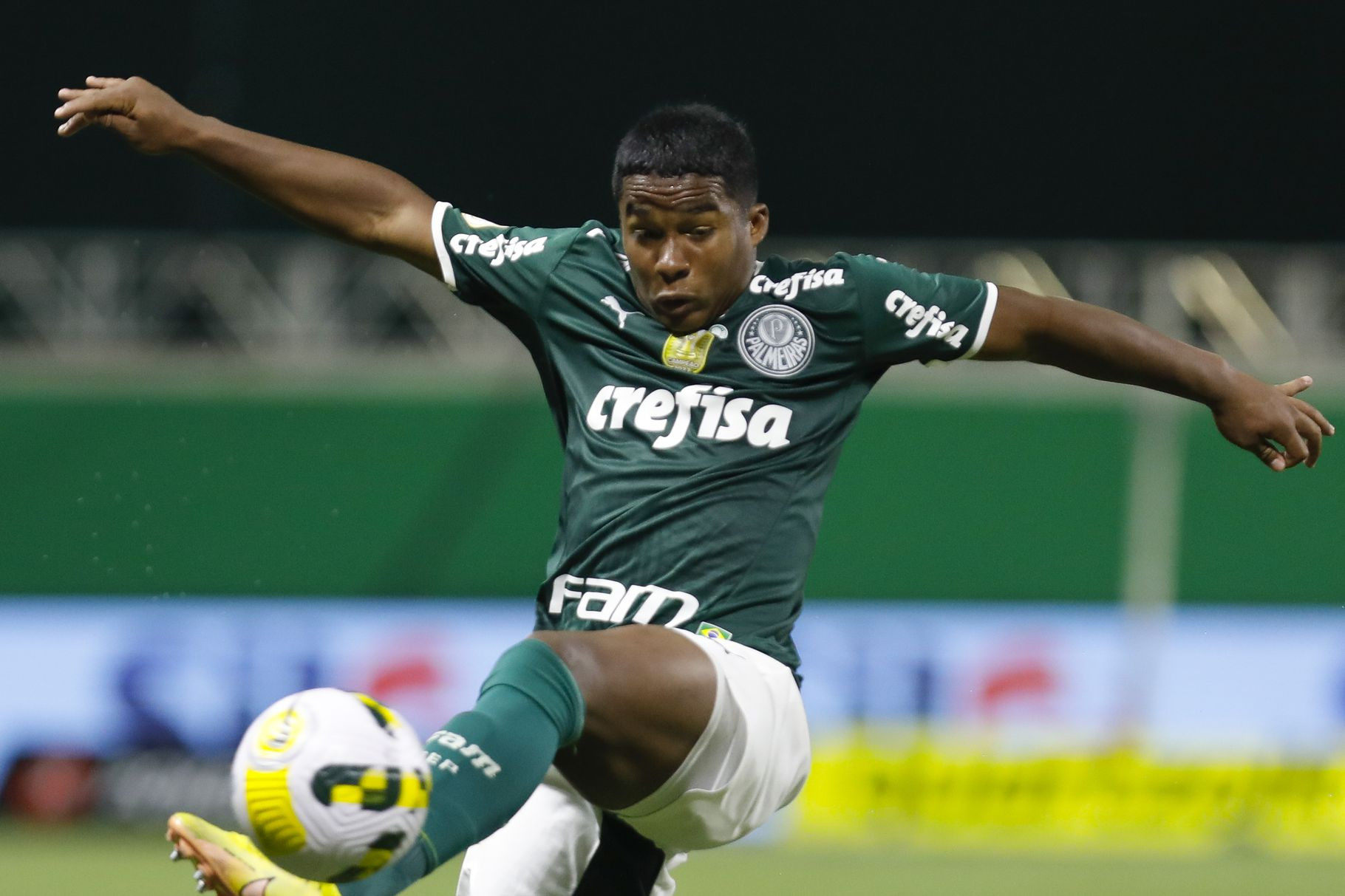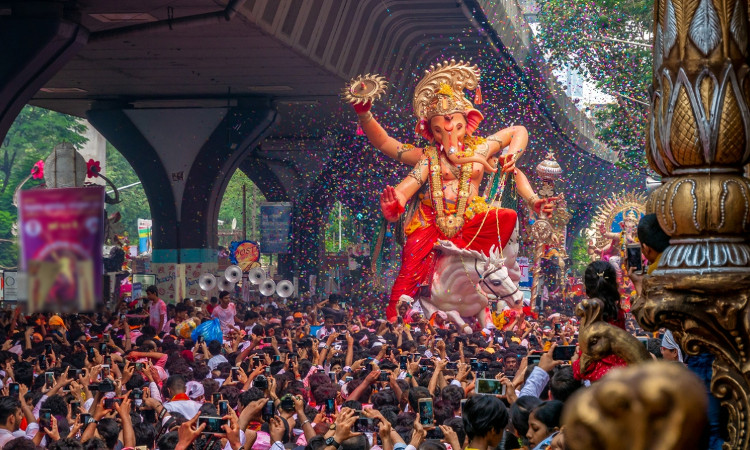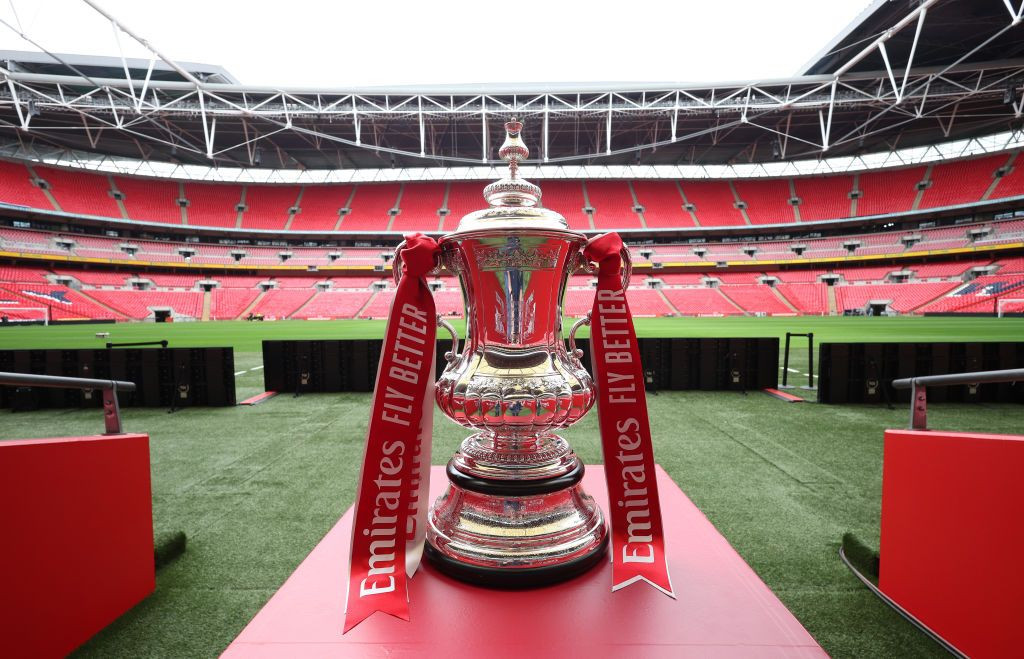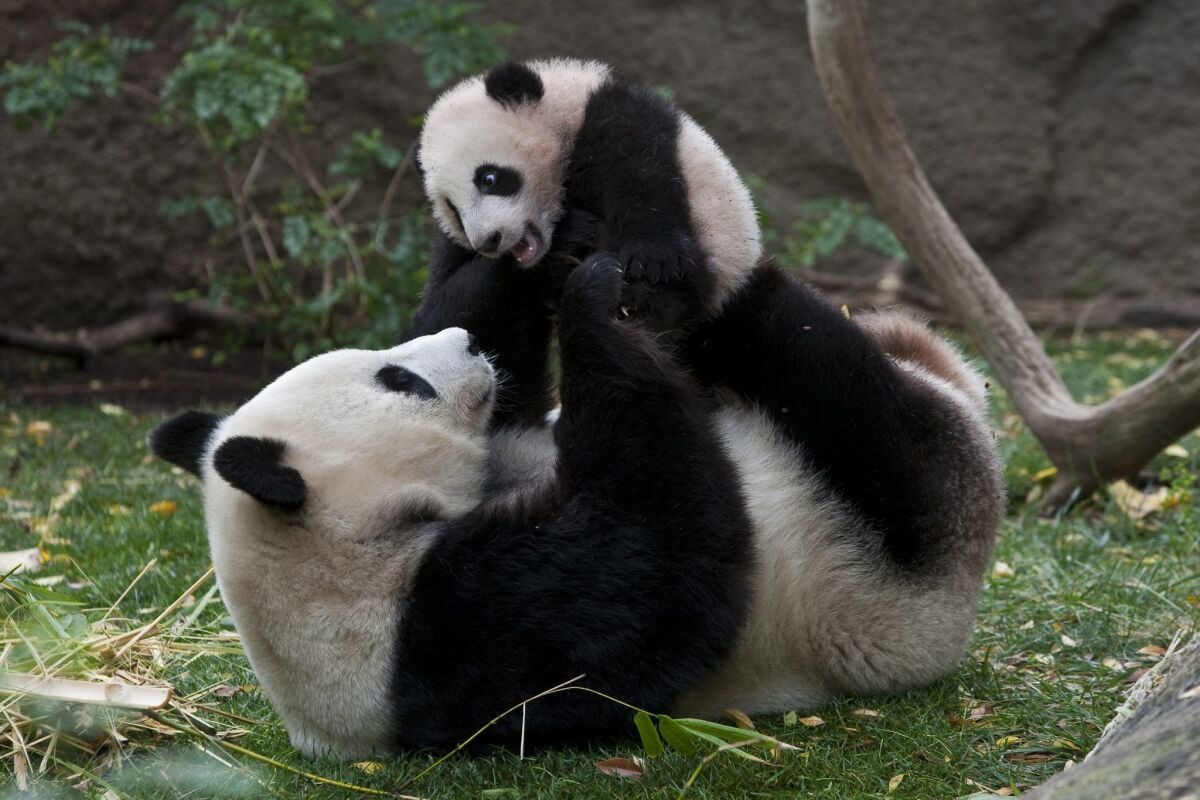The 2026 FIFA World Cup may still be about two years away, but for Asian hopefuls, the next leg of an already-arduous journey starts now. On Thursday, the third round of Asian qualifiers begins with 18 teams still in the running. The World Cup's expansion to 48 teams means that at least eight nations will represent Asia in 2026, double the four spots that were previously guaranteed.
Ahead of the action, here are five major storylines to keep a close eye on.
Indonesia's Continued Rise
Down in the dumps when Shin Tae-Yong took charge at the end of 2019, Indonesia have since made a remarkable rise that has culminated in a maiden appearance in the third round of Asian qualifiers for the World Cup. In that time, the Indonesians also returned to the AFC Asian Cup for the first time since 2007 and managed to reach the round of 16, while the U-23s -- also coached by Shin -- narrowly missed out on the Olympic men's football tournament in Paris after losing an intercontinental playoff following a fourth-placed finish at this year's AFC U-23 Asian Cup.
Indonesia were helped by the draw in the second round, which pitted them against group favourites Iraq but also produced winnable ties against Southeast Asian counterparts Vietnam and Philippines. They ultimately did enough to advance and have been rewarded with some glamour ties in Group C. Australia and Japan lie in wait, but first up is a mouthwatering test against heavyweights Saudi Arabia on Thursday. An almighty upset away in Jeddah seems unlikely but perhaps of more importance is for Indonesia to show they can match it with the continent's best, which will be further testament to the constant improvement they have made in the past few years.
Hong's Second Act with South Korea
Following the post-AFC Asian Cup dismissal of Jürgen Klinsmann and a couple of interim replacements, South Korea finally landed on the German's long-term successor when they appointed Hong Myung-Bo in July. As a player, Hong holds legendary status among the Taegeuk Warriors faithful for his 136-cap international career which included a Bronze Ball-winning performance in a memorable fourth-place World Cup finish back in 2002.
Hong's previous spell in charge was a forgettable one although it has to be recalled that he was parachuted as Choi Kang-Hee's replacement after a trying qualification campaign for the 2014 World Cup -- only to step down following some disappointing displays in Brazil. The 55-year-old did not even seem to want the job this time around and reportedly turned down the Korea Football Association's advances on numerous occasions, only to eventually accept their offer. While he was apologetic, Hong received backlash for abruptly leaving his job with K League 1 giants Ulsan HD and there will certainly be intense attention on his second spell in charge right from the off.
North Korea's Return
After withdrawing from qualifying for the previous World Cup, North Korea are back into the third round at the first time of asking. Impressively, they managed to do so despite forfeiting one of their second-round ties -- which automatically resulted in a 3-0 defeat. The North Koreans remain one of the most mysterious teams in world football with little information on them being available apart from when they do take part in such international matches, or when club teams such as April 25 feature in Asian Football Confederation tournaments. Even more so when they have been absent from an entire four-year cycle.
Still, they have an uncanny knack for causing a problem for even the sternest of opposition. It must be remembered that they were good enough to qualify for the World Cup back in 2010 and have current players that have plied their trade in Europe before in Han Kwang-Song and Jong Il-gwan. While Iran and Qatar are the standouts in Group A, North Korea might just be fancying their chances against the remaining three teams in what could be a level playing field.
Moriyasu's Japan: A Team of Extremes
The erratic nature of Japan's performances under Hajime Moriyasu have been the key source of fuel for his critics. Case in point -- the 2022 World Cup, when the Samurai Blue pulled off remarkable wins over Germany and Spain but somehow lost to Costa Rica in a lacklustre display where they showed almost no attacking intent despite being the favourites. This erratic nature of the difference between their best and their worst continues to mystify plenty who believe that they are capable of being one of the world's leading national teams.
But in their final qualifier back in the second round, Japan pulled off a stunning display as Moriyasu opted for a revolutionary 3-2-4-1 formation that led to an emphatic 5-0 rout of Syria, who are no slouches themselves. There is no denying the firepower that the Samurai Blue have, and that is even without the emerging Yuki Ohashi -- who netted in his first two games since a summer move to Championship outfit Blackburn Rovers but has not been deemed worthy of a maiden call-up just yet. What approach Moriyasu opts for could just decide Japan's fate, especially with only two automatic qualifying spots up for grabs in the third round and Group C looking a three-way battle between the Japanese, Saudi Arabia and Australia.
The Rise of the Underdogs: Who Will Benefit from Expansion?
The last World Cup marked the first time there were six AFC member nations participating in the biggest tournament in all of football. Even if it is assumed that sextet will make it again in 2026, that still leaves room for two more with the expansion to 48 teams. So among those who have narrowly missed out in the past, who could be the likeliest to benefit from the World Cup's growth?
Uzbekistan and United Arab Emirates loom as the early frontrunners, given they belong among the next tier of Asian football's strongest teams. Both regularly reach the latter stages of the Asian Cup and are constantly able to match it with the traditional powerhouses. Iraq, who did feature at the 1986 World Cup, are also an intriguing prospect especially after they also featured in the Olympics earlier this year. Yet, maybe it is impossible to look past previously-unfancied Jordan, who produced a stunning charge to the Asian Cup final at the start of the year before ultimately falling to defending champions Qatar. In the last round, they upset Saudi Arabia on the final day to pip the Green Falcons to top spot in Group G -- once again showing their growing stature on the continent. With the irrepressible trio of Musa Al-Taamari, Yazan Al-Naimat and Ali Olwan leading the line, the Jordanians could be the dark horses of the third round of Asian qualifiers.
Asian Qualifiers: The Basics
The Asian Football Confederation's third-round qualifying matches for the FIFA World Cup 2026 will begin on Thursday, as 18 teams battle for the eight places up for grabs. The final stage of qualification will culminate in June 2025, but several teams will be able to cement their spots in the North American edition of the World Cup much earlier.
Following the second round of preliminary knockout matches, the group stages of the AFC qualifiers have now been formed by the 18 remaining teams from the region. There are eight automatic qualifying places up for grabs plus an additional place in the last chance saloon that is the intercontinental playoffs. The 18 remaining Asian teams have been split into three groups of six, who will face each other home and away. The top two teams will automatically qualify for the World Cup.
Six teams, comprising the best third- and fourth-placed finishers from the three groups, will then be divided into two groups. The three teams in each group of these two groups will face the other once at a neutral venue. The top two teams will progress to the World Cup. The second-placed sides will face each other in a playoff for a spot in the intercontinental playoffs for the remaining World Cup berths.
The 18 teams have been split into the three following groups:
Group A
Iran, Qatar, Uzbekistan, United Arab Emirates, Kyrgyz Republic, DPR Korea
Group B
South Korea, Iraq, Jordan, Oman, Palestine, Kuwait
Group C
Japan, Australia, Saudi Arabia, Bahrain, China, Indonesia
Defending AFC Cup champions Qatar and the team they beat in the AFC Cup semifinals, Iran, are the favourites to qualify from Group A. South Korea and Iraq are the favourites in Group B although AFC Cup finalists Jordan, who beat South Korea to reach the continental final, are expected to provide a strong challenge. Group C is arguably the most competitive group, with record AFC Cup winners Japan and AFC giants Australia the favourites to qualify although Saudi Arabia are expected to be strong challengers while both China and Indonesia are more than capable of causing a shock.
The Road to 2026: Familiar Faces and New Hopefuls
Australia, Iran, Japan, South Korea, Qatar and Saudi Arabia all appeared at the Qatar World Cup 2022 and are strong favourites to make repeat appearances. South Korea hold the AFC record for most appearances at World Cup finals with 11 previous qualifications to their name. Japan are targeting an eighth consecutive qualification while Australia are hoping to get a sixth consecutive appearance. The two AFC giants will be heavily threatened in Group C by Saudi Arabia, who have made seven appearances in total at World Cups. Iran have reached the finals on seven occasions and another will mark a fourth straight qualification.
Indonesia, the Kyrgyz Republic, Palestine, Bahrain, Jordan, Oman and Uzbekistan have never qualified for a FIFA World Cup. The 23rd edition of football’s global showpiece is being staged across three countries in North America with Canada, Mexico and the United States all hosting fixtures throughout the competition. The final itself will be held in the US.
Unfamiliar Names Seek a Place on the World Stage
For some time now Asia’s World Cup representatives have consisted of four from the quintet of South Korea, Japan, Australia, Iran and Saudi Arabia. Sometimes all five make it – as in 2018 and 2022 – and occasionally there is a gatecrasher as in 2010 with North Korea. For 2026, though, there will be eight automatic places on offer for the 18 teams that kick off the third round of qualification on Thursday and some unfamiliar names for global audiences.
Iraq are especially desperate. The one appearance back in 1986 came at a time when Saddam Hussein’s son Uday was in charge of the country’s FA, dishing out regular beatings of players that increased with the three one-goal defeats in Mexico. Since then a return to the global stage has been elusive for a nation that has always had talent, as the 2007 Asian Cup triumph showed, but Zico, Bora Milutinovic, Srecko Katanec, Dick Advocaat and Zeljko Petrovic are among the many coaches who struggled to get the team to fulfil its potential.
Iraq: A Team on the Rise
A lack of home advantage has not helped. No World Cup qualifier has been played in Baghdad since before the US-led invasion in 2003. The capital may still be off-limits for Fifa but Basra could be the springboard for success. More than 150,000 saw the Lions of Mesopotamia win all three games in the southern port city in the previous round – no team in Asia will relish going there with the World Cup at stake.
Fans are ready once more. The coach Jesús Casas is, too. The Spaniard has been in place for almost two years, a long time in a country that has seen 30 head-coaching changes this century alone. In August, the former Spain and Watford assistant signed a contract extension until 2027, a reflection of the kind of football he has the team playing and the fact that he was on the shortlist of South Korea – though given the chaos involved in that search, that may not be a huge compliment.
These days, the squad has more foreign experience than ever before. Players report for duty from the Netherlands, Poland, Saudi Arabia, Italy and England. As well as the exciting young forward Ali Jasim moving to Como in Serie A, Ali al-Hamadi, born in the last full year of Saddam’s reign not far from Basra before moving to Toxteth at the age of one, became the first Iraqi to appear in the Premier League when he came on for Ipswich against Liverpool on the opening day. This is a cosmopolitan and confident Iraq team that kick off against Oman expecting to take the three points to set them on their way to the top-two finish that will guarantee a second World Cup appearance.
A Competitive Group B
Iraq and South Korea don’t just share an appreciation of Casas but will both be happy that the other four teams in their group could have been tougher. Son Heung-min and colleagues have a first-ever game against Palestine on Thursday and should take all three points in Seoul. The visitors would be delighted with fourth place – while the top two from each of the three groups of six qualify automatically, third and fourth place finishers advance to an extra stage to compete for the final two spots.
So too would Kuwait, who squeezed into the final 18 ahead of India. Jordan defeated both Iraq and Korea on their way to the Asian Cup final earlier this year and are the biggest dangers to the two favourites. Losing their Moroccan coach Hussein Ammouta to Al Jazira in the UAE league is a major blow though trips to Amman are never easy. Oman finished within a point of Australia on the road to Qatar and would love to go one better. The west Asian nations look certain to all take points off each other, which will suit South Korea even more.
Japan Leads Group C
Group C, tougher on paper, kicks off with Japan hosting China. This fixture can be highly charged but that looks unlikely this time given that the Samurai Blue, Japan, should slay Team Dragon quite comfortably. China, with only 2002 to look back on in World Cup terms, only made it this far thanks to a better head-to-head record with Thailand in the previous round.
For the third time running, Japan have Australia and Saudi Arabia to deal with and for the third time running, should finish first. The Saudis, yet to settle under Roberto Mancini, are likely to scrap for second with the Socceroos. Indonesia, Asia’s most-improved team and, full of naturalised players born and bred in Europe, could squeeze into fourth above China and Bahrain.
Group A: Iran and Qatar Lead the Way
Group A lacks a little of the quality of C and the narratives of B but looks solid. Iran never get the attention they deserve and should stroll to North America. Qatar won their second successive Asian Cup in February but would probably trade one for a first World Cup qualification. Those two are favourites but then Uzbekistan, the continent’s chokers who have come close before only to fall when the prize was within reach, are desperate and have a growing number of good young players. The United Arab Emirates have Paulo Bento in charge while Kyrgyzstan and, especially, North Korea can make things difficult. Indeed, the North Koreans have not played much and try not to allow cameras even when they do take the pitch.
Despite the massive changes in Asian qualification for 2026, some things stay the same.




